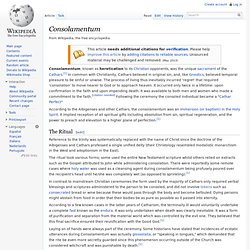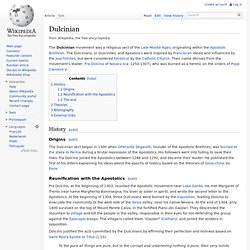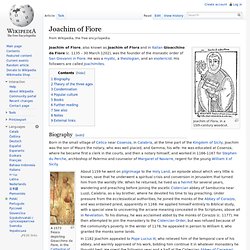

Primitivism. An Essay by Einstein. "How strange is the lot of us mortals! Each of us is here for a brief sojourn; for what purpose he knows not, though he sometimes thinks he senses it. But without deeper reflection one knows from daily life that one exists for other people -- first of all for those upon whose smiles and well-being our own happiness is wholly dependent, and then for the many, unknown to us, to whose destinies we are bound by the ties of sympathy. A hundred times every day I remind myself that my inner and outer life are based on the labors of other men, living and dead, and that I must exert myself in order to give in the same measure as I have received and am still receiving...
"I have never looked upon ease and happiness as ends in themselves -- this critical basis I call the ideal of a pigsty. The ideals that have lighted my way, and time after time have given me new courage to face life cheerfully, have been Kindness, Beauty, and Truth. "My political ideal is democracy. Catharism. Consolamentum, known as heretication to its Christian opponents, was the unique sacrament of the Cathars.[1] In common with Christianity, Cathars believed in original sin, and, like Gnostics, believed temporal pleasure to be sinful or unwise.

The process of living thus inevitably incurred 'regret' that required 'consolation' to move nearer to God or to approach heaven. It occurred only twice in a lifetime: upon confirmation in the faith and upon impending death. It was available to both men and women who made a commitment to the faith. [citation needed] Following the ceremony the consoled individual became a "Cathar Perfect" According to the Albigenses and other Cathars, the consolamentum was an immersion (or baptism) in the Holy Spirit.
The Ritual[edit] The ritual took various forms; some used the entire New Testament scripture whilst others relied on extracts such as the Gospel attributed to John while administering consolation. Name Of The Rose Script - transcript from the screenplay and/or Sean Connery and Christian Slater movie. Penitenziagite. Penitenziagite ("Do Penance") is a shortened version in vulgar Latin of the phrase "Poenitentiam agite, appropinquavit enim regnum caelorum", meaning "Repent: the Kingdom of Heaven is at hand.

"[1] (Matthew 4:17). The phrase was used by the Dulcinian movement founded by Gerard Segarelli (1240–1300) in the early 13th century, a movement named after the disciple Fra Dolcino.[2] It is also used in the chorus of the vocaloid song "Witch" by Megurine Luka. See also[edit] Poenitentiam agite. Dolcinites. Dulcinian. The Dulcinian movement was a religious sect of the Late Middle Ages, originating within the Apostolic Brethren.

The Dulcinians, or Dulcinites, and Apostolics were inspired by Franciscan ideals and influenced by the Joachimites, but were considered heretical by the Catholic Church. Their name derives from the movement's leader, Fra Dolcino of Novara (ca. 1250-1307), who was burned as a heretic on the orders of Pope Clement V. History[edit] Origins[edit] Joachim of Fiore. Joachim of Flora, in a 15th-century woodcut.

Joachim of Fiore, also known as Joachim of Flora and in Italian Gioacchino da Fiore (c. 1135 – 30 March 1202), was the founder of the monastic order of San Giovanni in Fiore. He was a mystic, a theologian, and an esotericist. His followers are called Joachimites. Biography[edit] Born in the small village of Celico near Cosenza, in Calabria, at the time part of the Kingdom of Sicily, Joachim was the son of Mauro the notary, who was well placed, and Gemma, his wife. About 1159 he went on pilgrimage to the Holy Land, an episode about which very little is known, save that he underwent a spiritual crisis and conversion in Jerusalem that turned him from the worldly life. In 1182 Joachim appealed to Pope Lucius III, who relieved him of the temporal care of his abbey, and warmly approved of his work, bidding him continue it in whatever monastery he thought best. Theory of the three ages[edit] Condemnation[edit] Popular culture[edit] Literary reference. History - Deeds and Misdeeds.
History -The movement of the Apostolic Brothers of Gherardino Segalello and Friar Dolcino.